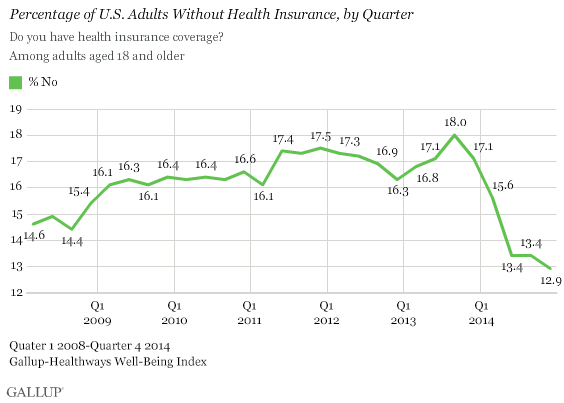In our "read my lips/over my dead body" political culture, the threat of tax increases usually shuts down proposals for single-payer national health insurance. Lately, conservative pundits - and even liberals like Hillary Clinton - have been repeating the mantra that single-payer insurance would break the bank.
Never mind that Canadians, Australians, and Western Europeans spend about half what we do on health care, enjoy universal coverage, and are healthier. Their health-care taxes are higher.
Or are they? According to our study in the current issue of the American Journal of Public Health, American taxpayers picked up 65 percent of the total health-care tab last year - a figure that will soon rise to 67 percent.
We paid $2.1 trillion in taxes to fund health care - $6,560 per person. That's more per capita than Canadians or people in any other nation pay. Indeed, our tax-financed health-care bill is higher than total health spending (private as well as public) in any other nation except Switzerland.
Official accounts from agencies like the Department of Health and Human Services peg taxpayers' share of U.S. health spending at about 45 percent, a figure that includes Medicare, Medicaid, the Centers for Disease Control and Prevention, and Veterans Affairs. However, this kind of tally omits two important items.
First, it leaves out government spending to buy private health coverage for public employees like teachers, firefighters, and members of Congress. Indeed, government employers account for 28 percent of all employer health spending.
Second, it excludes tax subsidies for private employer-paid plans and other privately paid care - $326 billion last year - that mainly benefit affluent families.
Omitting these government expenditures from the official health-spending tabulations obscures the fact that our health-care system is already about two-thirds publicly funded. In contrast, the Office of Management and Budget, not to mention most health-policy experts, considers tax subsidies for private insurance to be tax expenditures.
Even many uninsured families pay thousands of dollars in taxes for the health care of others.
More than one-third of these tax dollars meander through private insurers on the way to the bedside. These private insurers siphon off 12 percent for their overhead and profits (vs. 2 percent in the Medicare program) and also inflict huge paperwork costs on doctors and hospitals. A shift to single-payer national health insurance would save at least $400 billion annually on paperwork alone, enough to cover all of the uninsured and eliminate co-payments and deductibles for the rest of us.
That means a national single-payer plan wouldn't cost Americans any more than we're currently spending. Moreover, the taxes to pay for it would be fully offset by the savings from eliminating private insurance premiums.
Moving from our current level of tax financing, 65 percent, to Canada's 70.7 percent would mean a tax increase of about $185 billion per year. But Americans would save at least that much on premiums. The vast majority of American households would come out ahead financially, and everyone would be covered.
Drug and insurance firms that would lose billions under single-payer health coverage generously fund its detractors (including Clinton, who has gotten more health-industry dollars than any other presidential candidate). These naysayers suggest that a single-payer plan (or "Medicare for all," as Bernie Sanders likes to call it) would downgrade Americans' coverage, and they also raise the specter of big tax increases.
But a national single-payer plan would give all Americans the first-dollar coverage enjoyed by Canadians and Brits, and guarantee them a free choice of doctors and hospitals - a choice that private insurers currently deny to many of us.
Surprisingly, American taxpayers already pay enough to fund national health insurance. We just don't get it.
Steffie Woolhandler, M.D. ( swoolhan@hunter.cuny.edu), and David U. Himmelstein, M.D. ( dhimmels@hunter.cuny.edu), are professors of health policy and management at the City University of New York School of Public Health and lecturers in medicine at Harvard Medical School.

No comments:
Post a Comment